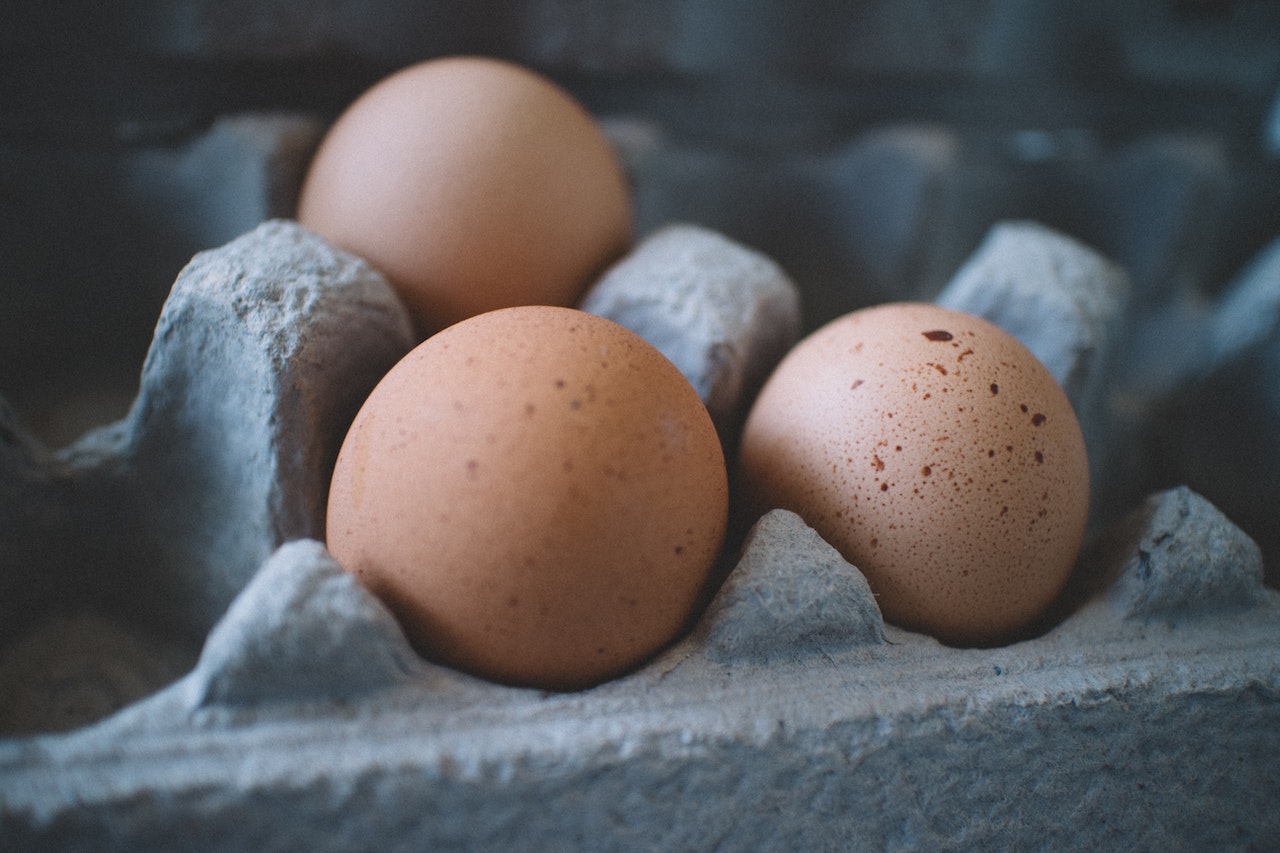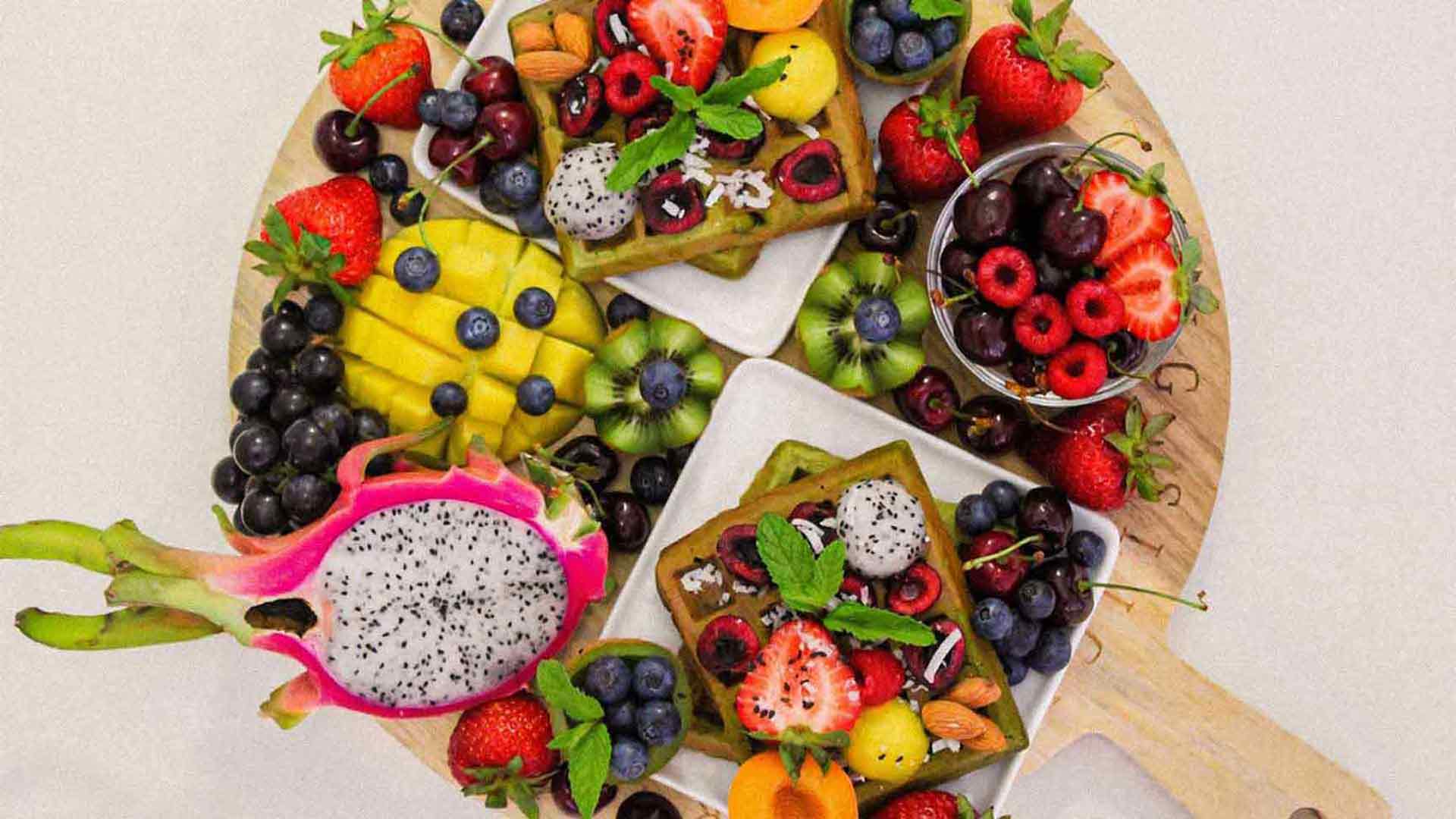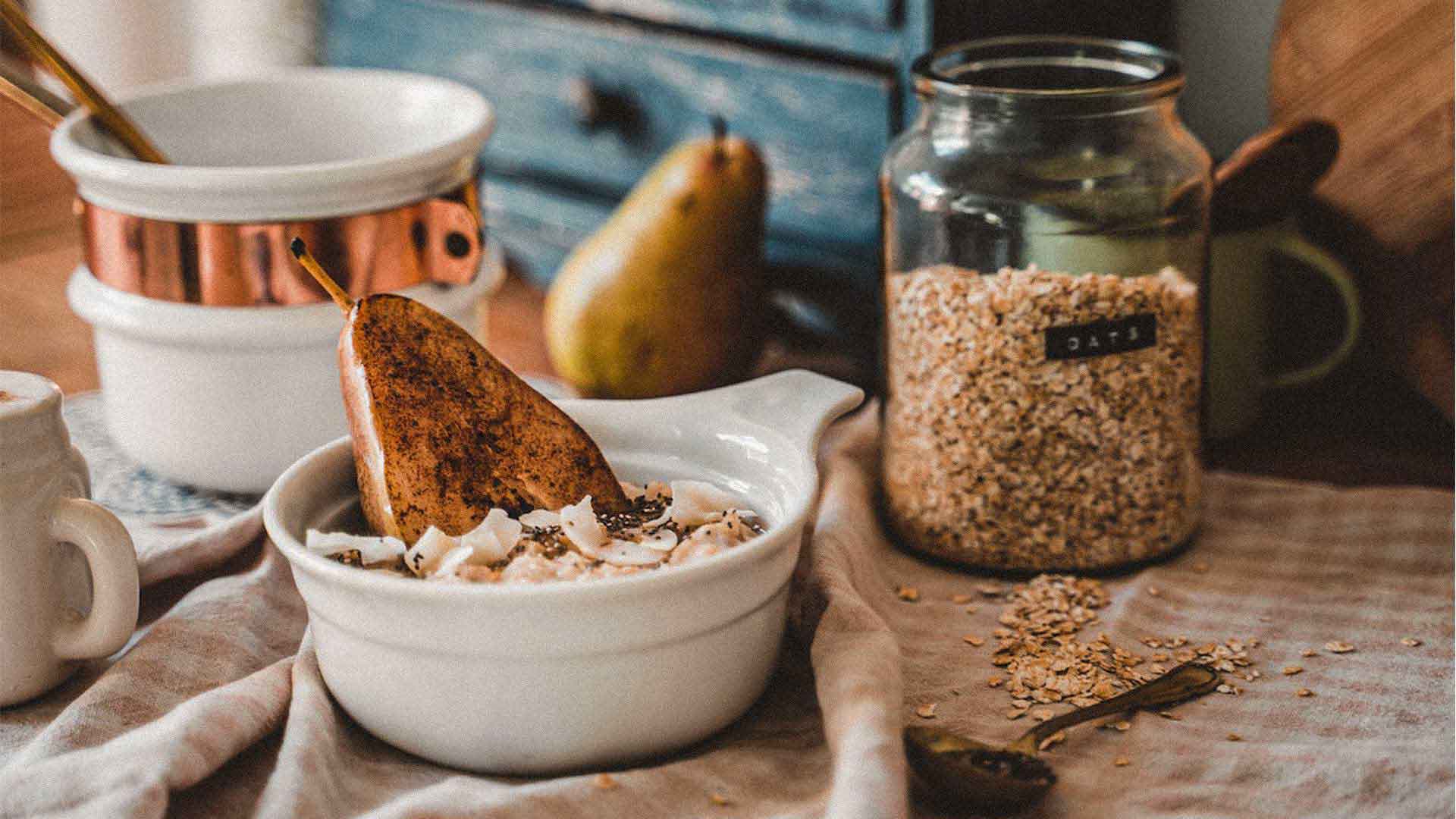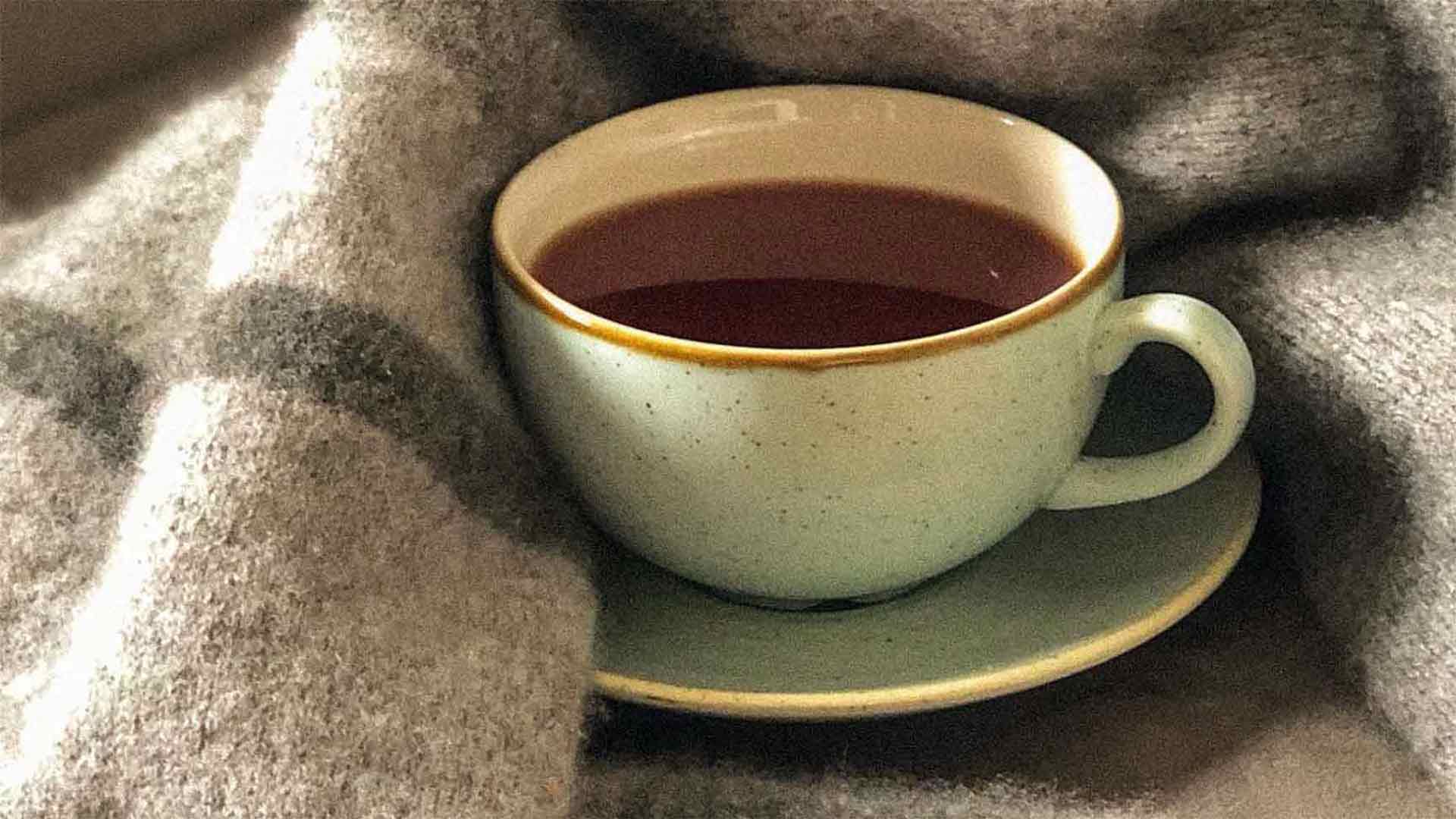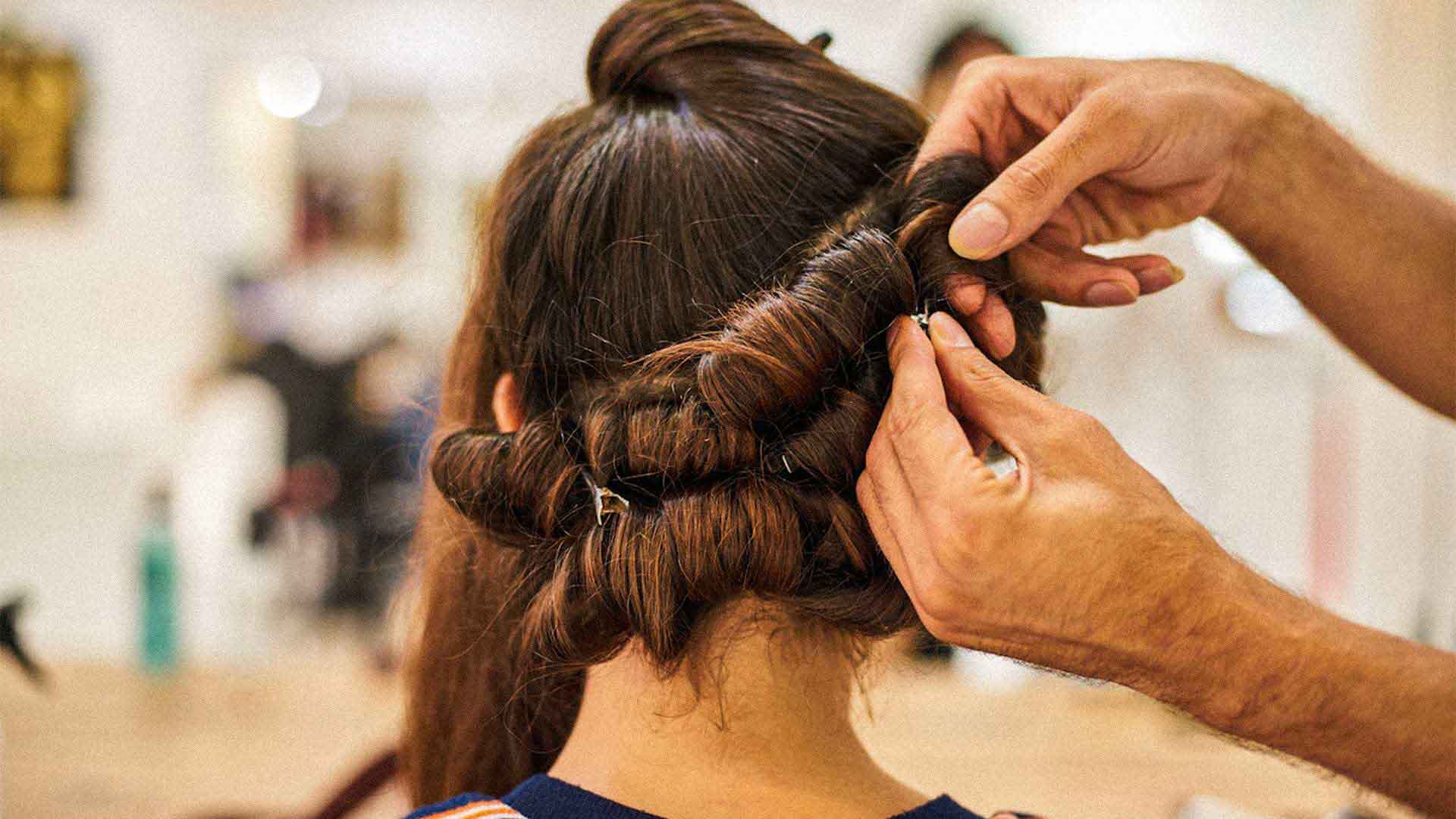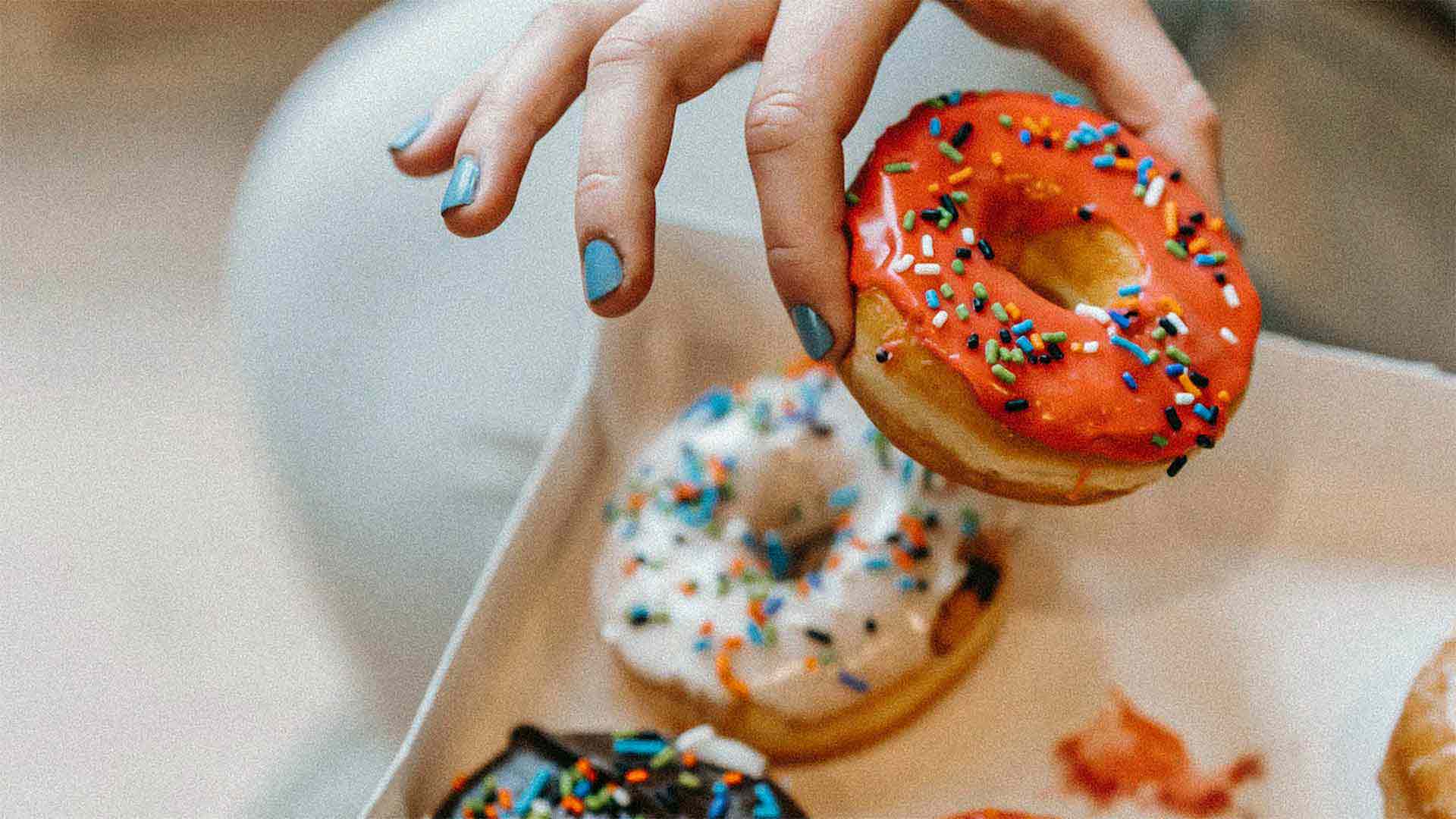Ever have those days (or weeks) when everything is just…meh? If you’re like me, and you’ve tried Googling your way to a better mood, you probably came across serotonin.
This is your body’s feel-good hormone. And while there are a lot of factors that affect your serotonin levels—genetics, exercise and sleep, for example—one of the best ways to keep your levels up is through your diet.
But first: How does serotonin work?
Serotonin is a chemical messenger that carries signals between nerve cells throughout your body. It plays a key role in regulating mood, sleep, learning, appetite and other physiological processes.1
What’s interesting is that over 90% of your serotonin is actually made in your gut. And depending on what you eat, you could either help boost or deplete serotonin levels. All this is to say that diet is key, so today we’re going to look at 5 foods that can increase serotonin levels—and potentially help manage your mood.
1. Eggs
Boiled, scrambled or fried, eggs are both versatile and extremely nutritious. They’re a great source of iron, B-vitamins and essential amino acids, including tryptophan—a precursor to serotonin. Since your body can’t make tryptophan on its own, eating foods high in it can help promote healthy levels of serotonin.
So whether you enjoy them at breakfast, lunch or dinner, eggs are a great way to keep your sunny side up!
2. Salmon
A favorite in the culinary world, salmon is a great source of tryptophan, vitamin D and omega-3 fatty acids, which all impact serotonin levels.
Vitamin D activates an enzyme that converts tryptophan into the feel-good hormone. And omega-3s are believed to influence serotonin receptors and transporters for effective signaling.
If fresh salmon isn’t an option for you, canned salmon is a great alternative that packs much of the same nutritional punch.
3. Pineapple
This sweet and juicy tropical fruit contains both tryptophan and bromelain, an enzyme that helps break down protein and promotes a healthy inflammatory response in your stomach lining. This keeps your gut barrier strong and improves the absorption of tryptophan, which can increase serotonin levels.3
Pineapple is great fresh, frozen or canned. Just be sure to choose a product that doesn’t have added sugar.
4. Nuts and seeds
Good news: Snacking on nuts can help boost serotonin levels, according to a study.4 These little nutritional rockstars are rich in tryptophan, fiber and healthy fats. But they also offer a unique set of vitamins and minerals that may come with an added benefit: magnesium, zinc and vitamin B6 act as co-factors in converting tryptophan into serotonin.
Pumpkin seeds, flax, chia and walnuts are all great sources of brain-friendly omegas and tryptophan, so go nuts (and seeds) for these mood-boosting powerhouses!
5. Soy
Soy products are not only a great source of tryptophan, but they also come with isoflavones, plant compounds that mimic the effects of estrogen, which influences serotonin receptors. Though more research is needed, one isoflavone in particular—genistein—may modulate serotonin function, according to some animal studies.6
Adding tofu, tempeh, soy milk—even soy sauce—will all increase the soy in your diet.
Last word
Serotonin is an important but complicated brain chemical that affects both your physical and mental well-being. And while eating foods high in tryptophan, healthy fats and other key nutrients may help, they may not do enough on their own.
Regular exercise, time outside and stress management are all key to maintaining healthy serotonin levels. And if your mood is constantly low, be sure to check in with your healthcare provider.
Read next: Why ‘you time’ is more important than you think
About Laura
Laura is a Nutritionist and an International Board Certified Lactation Consultant with a Bachelor of Science in Dietetics from Ball State University and a Master of Science in Health Sciences with a public health concentration from Indiana State University. She is a competitive distance runner who loves to support individuals in achieving their goals.
Laura is just one of the many experts at Persona who are here to accelerate your wellness journey. If you have questions about nutrition or your personalized program, reach out now or book a free appointment with Laura or another of our amazing nutritionists.
*These statements have not been evaluated by the Food and Drug Administration. This product is not intended to diagnose, treat, cure, or prevent any disease.
This information is not intended as a substitute for the advice provided by your physician or other healthcare professional, or any information contained on or in any product label or packaging. Do not use the information from this article for diagnosing or treating a health problem or disease, or prescribing medication or other treatment. Always speak with your physician or other healthcare professional before taking any medication or nutritional, herbal, or homeopathic supplement, or using any treatment for a health problem. If you have or suspect that you have a medical problem, contact your health care provider promptly. Do not disregard professional medical advice or delay in seeking professional advice because of something you have read in this article.
